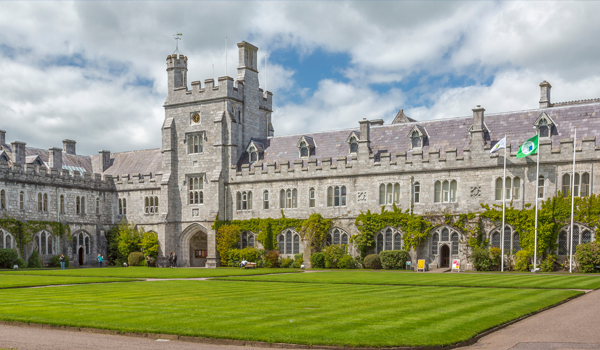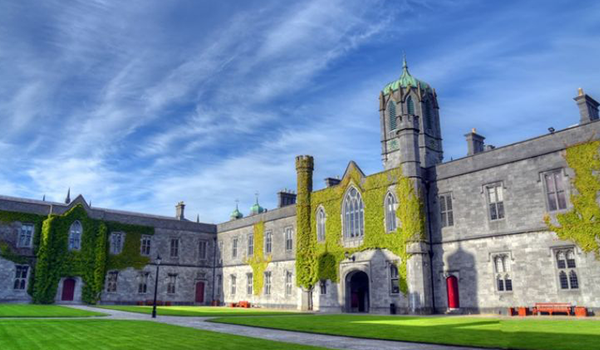EU Students Applying for undergraduate courses in Ireland
The Central Applications Office (CAO) centrally processes applications for entry to the first year of undergraduate courses in Higher Education Institutions (HEIs) in the Republic of Ireland. It also issues offers to applicants, when instructed to do so by HEIs, and records acceptances.
The CAO processes, on behalf of the HEIs, school-leavers presenting qualifications from other EU/EFTA countries as well as applications from Irish school-leavers presenting Leaving Certificate qualifications.
Details regarding the points system used by HEIs to score applicants, the minimum entry requirements to each university and to particular courses, and agreed entry requirements for applicants who present qualifications other than the Irish Leaving Certificate (e.g. other EU/EFTA school-leaver qualifications) can be found in the CAO Handbook on the CAO website.
Medical entry for EU Students
In Irish universities, undergraduate entry to medicine for school-leavers is based on both:
- achieving a minimum of 480 points and meeting the minimum entry requirements for the course in the same sitting of the Irish Leaving Certificate (or non-Irish school-leaver qualification equivalent); and
- completing the required admissions test, the HPAT-Ireland (Health Professional Admission Test), in the year of entry to the medicine course.
There is also a graduate entry route to medicine for candidates who hold, or expect to hold by the end of the relevant academic year, a 2:1 (second class honours, grade one, or equivalent) award in their first honours bachelor degree (Level 8 on the National Framework of Qualifications) or equivalent and who sit the required admissions test, the GAMSAT (Graduate Medical School Admissions Test).
For further details regarding both undergraduate and graduate entry routes to medicine, please consult the CAO website.
How to apply
A candidate will qualify for EU status where they meet the following criteria:
- They are a national of an EU member state and are residing in an EU member state for three of the five years prior to the commencement of the programme.
- They are a national of an EU member state and have received all their post-primary education within an EU member state.
- They have been in full-time employment in an EU member state for three of the last five years prior to the commencement of the first year of the course. This applies to candidates over the age of 23.
- They have been ordinarily resident in an EU member state for three of the five years prior to the commencement of the programme and their parents have been in full – time employment in an EU member state for three of the five years prior to the commencement of the programme. This applies to candidates under the age of 23.
Children of Emigrants
Children of emigrants can be assessed as EU applicants if they can provide documentary evidence of having completed 5+ years of primary and/or secondary education in the EU/EEA/Swiss Confederation.
Accommodation & Cost of Living
Organising accommodation before you depart for Ireland is essential. Some universities may pre-book accommodation for you, or you might need to organise this yourself.
The Universities will ensure that they can offer accommodation for international students for at least their first year, but this isn’t guaranteed. When you are accepted on a course, you will be sent an accommodation pack and details of an accommodation office with staff that can help you find housing. The universities strongly advise students to take advantage of this resource, as accommodation officers will have the information and contacts to help you find affordable and well-located student accommodation easily and quickly.
When researching your accommodation choices, you may wish to consider:
- How close is it to the institution?
- What public transport links are there?
- How close is it to shops and services?
- How big is your room?
- How many people are sharing your bathroom/kitchen?
- How much is the rent and bills?
Visit www.itsyourmoney.ie for tips about money and budgeting in Ireland.
For more information, view the profiles of the universities or contact the university international offices directly:

Dublin City University

Maynooth University

Trinity College Dublin

TU Dublin

University College Cork

University College Dublin

University of Galway
